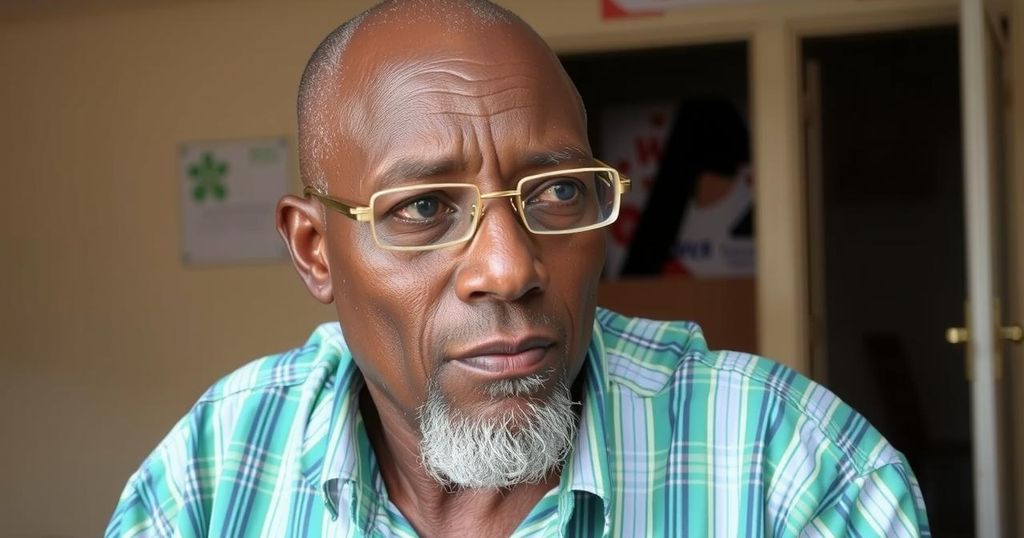Crime
AFRICA, AMERICA, BOSTON, CANTON REPOSITORY, COURT CASE, COURT SENTENCING, CRIME, DEATH PENALTY, DONALD L. CABELL, ERIE NSHIMIYE, GOODYEAR TIRE & RUBBER, JUSTICE, KANSAS, KERNS, LEGAL SYSTEM, MASSACHUSETTS, MO, MOAKLEY, NORTH AMERICA, NSHIMIYE, REPOSITORY, RWANDA, STARK COUNTY, U. S, U. S. JUSTICE DEPARTMENT, UNITED STATES, WICHITA, YOUNGSTOWN
Sofia Rodriguez
0 Comments
Stark County Man Faces Trial Linked to Allegations from Rwandan Genocide
Eric Nshimiye, a Rwandan-American engineer, is accused of lying about his involvement in the 1994 Rwandan genocide to gain entry to the U.S. His trial in Boston has drawn attention due to the complexity of the accusations, his claims of innocence, and the implications for U.S. immigration law regarding past genocidal actions. Nshimiye’s defense centers on proving his absence from Rwanda during the genocide, a pivotal point that could determine his future.
Eric Nshimiye, a Rwandan-American engineer, faces serious allegations stemming from events that occurred during the 1994 Rwandan genocide. Arrested on March 21, he awaits trial in Boston, accused not of direct involvement in the genocide but of lying about his past to gain entry into the United States. The 53-year-old has consistently maintained his innocence, claiming he fled Rwanda and was not present during the atrocities. His attorney argues that the charges are unfounded, citing a lack of formal accusations against Nshimiye from the Rwandan government. Nshimiye’s case draws parallels to previous trials concerning genocide-related immigration offenses, leading many to speculate on the motivations behind the Department of Justice’s actions. As he prepares for trial, the focus will shift to whether Nshimiye can provide evidence supporting his claims of absence during the genocide, which could potentially exonerate him or lead to his deportation if convicted.
The article highlights the critical situation of Eric Nshimiye, who is waiting for trial concerning allegations tied to the Rwandan genocide. The context of his case revolves around the broader implications of how immigration laws in the United States intersect with historical atrocities. The Rwandan genocide, which lasted approximately 100 days, saw the systematic killing of an estimated 800,000 Tutsis by the Hutu majority. Nshimiye’s situation is complicated by previous cases where individuals faced legal consequences in the U.S. due to ignoring their past affiliations with genocide. These cases raise important questions about justice, accountability, and the nuances of historical narratives that continue to affect contemporary society.
In summary, Eric Nshimiye’s impending trial brings to light complex issues surrounding immigration law and the legacy of the Rwandan genocide. His claims of innocence challenge the charges of perjury and obstruction, suggesting potential legal and ethical dilemmas surrounding his prosecution. As the legal battle unfolds, the focus will remain on the evidence presented and whether it can illuminate the truth of his whereabouts during a pivotal and tragic time in history. Nshimiye’s fate is intertwined with both his personal narrative and the broader discourse on justice regarding historical genocides.
Original Source: www.the-review.com




Post Comment